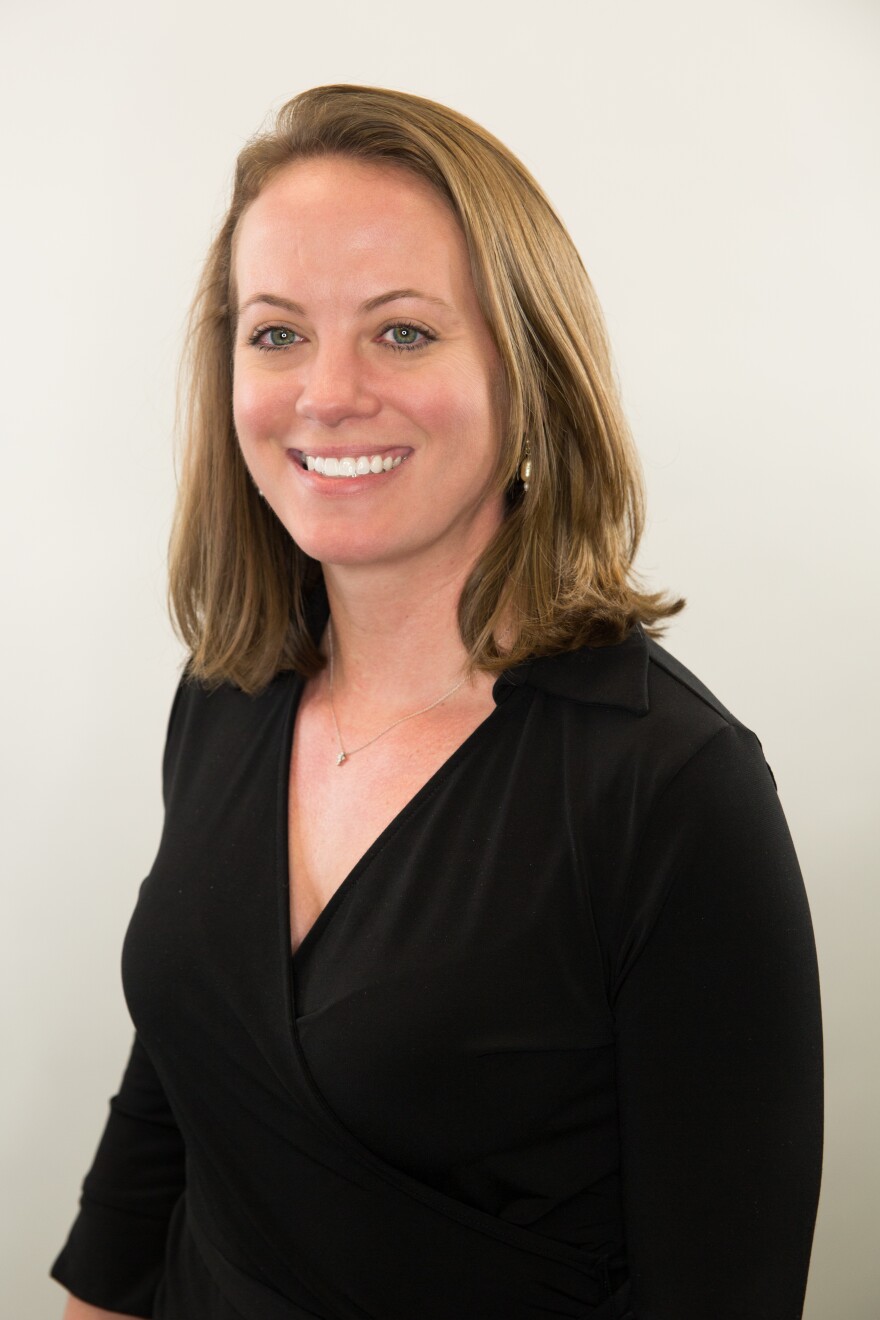Preventing child abuse begins outside the colorful walls of the Gulf Coast Kid's House.
The Kid’s house works to educate the Escambia County community through their different prevention programs for children, teens, and adults. Stacey Kostevicki, executive director of the Kid’s House, said it was about six years ago when the board of directors decided to make an “investment” and hire a full-time prevention coordinator.
“It’s always been in our mission but it's been filled with volunteers. And for better or worse we just never got the traction that we wanted to with it," she explained. "So the board made an investment and now are if you look at our strategic plan, our goal is for our funding and prevention to outpace what we're spending on intervention because we know if we can take a broader sweep with it in the beginning and prevent abuse from happening, then the intervention services will eventually decrease. Reports will go up obviously at first but that's just our goal.”
The prevention programs are based on curriculum from the Monique Burr Foundation, a nonprofit organization dedicated to abuse prevention education. Florida schools have had access to education materials from the foundation for years, but lacked trained facilitators until the Kid’s House stepped up.
“We approached Monique Burr Foundation and said ‘let us do this,'" said Kostevicki. "We'll be your facilitators, we'll take it in the classroom (and) report back all of our stats. They were highly skeptical of us at first, they kept us on a tight leash. We did it here in Escambia County and then a couple of years ago they asked us to roll out our model to all of the child advocacy centers in the state of Florida.”

Leslie Donovan, prevention coordinator for Gulf Coast Kid’s House, said the programs are designed specifically for their target audiences. Child Safety Matters is geared toward grades kindergarten to fifth and talks about abuse in an age-appropriate way, while also introducing the five safety rules, which are: know what’s up, spot red flags, make a move, talk it up, and no blame, no shame.
“It's that those five safety rules are what we call poly victimization approach so they can use these skills for anything for safety," Donovan said. "And they can use them throughout their whole life. And so that's a big takeaway. The second takeaway would be how to spot red flags and that's number two of the safety rules and to know that if an adult or an older teenager is asking you to keep a secret that that is a red flag because no adult or teenager should ask you to keep a secret unless it's a short term surprise like a birthday party. So we kind of do those types of comparisons for the children.”
Another important lesson for younger children to learn is respecting body space boundaries — whether it’s a high five, hug or a kiss — kids have the right to say “no.”
“And so we're really talking about introducing consent in that situation of getting permission to enter someone's space," Donovan added.
For older children, there’s Teen Safety Matters, which is for sixth to eighth grade students. The presentation discusses ways for students to respond to cyberbullying, digital dangers and relationship violence.
Teens and preteens can be more vulnerable with the prevalence of social media and online gaming, which is why Donovan teaches older students how to carefully engage with people online.
“With children, they are more often abused by someone that they know," she said. "In fact, 97 percent of the time a child is abused by someone that they know. But with older kids, we're finding that, to me, the new stranger danger is the technology.”
In the state of Florida, everyone over the age of 18 is considered a mandatory reporter of child abuse, meaning any adult is legally required to report any suspicion of abuse to authorities. To learn more about recognizing signs of abuse and how to report it, the Kid's house offers several educational programs for adults.

"We don't want them to be the expert," Donovan said. "We just want to them too that if they have a suspicion that a child is being abused that they know that they are a mandatory reporter and they need to report either through the 1-800-96Abuse line or online on our website. We have a form that they can fill out that goes directly to the Department of Children and Families and they can give all the details that they might have. And it's an anonymous report, it is confidential."
The prevention classes not only educate the community about child safety, but they create an opportunity for students, teachers, and guardians to speak up. And in April, when there is more awareness on the issue, abuse reports typically increase, Kostevicki said.
"Prevention, even just through awareness, increases the number of kids that are getting their voices (heard), and are able to say that what's happening to them is wrong and tell someone for the first time.”
To learn more, visit gulfcoastkidshouse.org.




